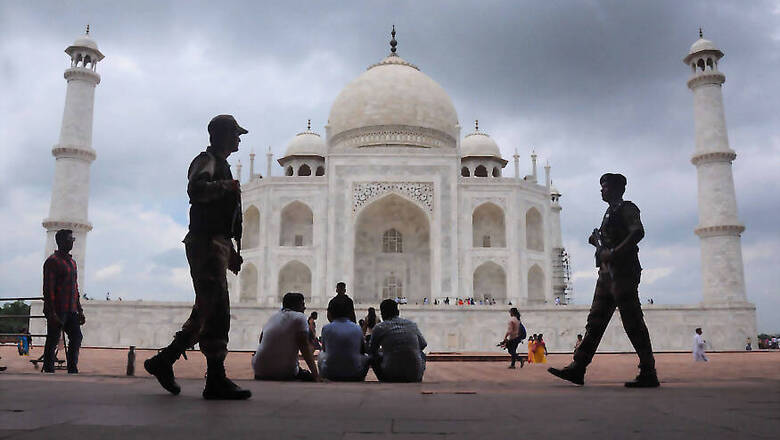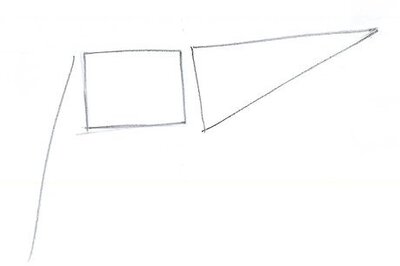
views
New Delhi: The government is planning to set up a facility for satellite mapping and documentation to create a central heritage database of archaeological sites and artefacts, sources said Sunday.
The Archaeological Survey of India (ASI) will create this digital repository with the help of the Tata Trust, which will build this facility under its Corporate Social Responsibility.
The data will be hosted in India with a high security cloud based access.
"ASI will sign a MoU to this effect with the Tata Trust soon and this will mean that unknown archaeological sites and related antiquities can be discovered and documented in over next 10 years using the satellite imagery and remote sensing technique," a source said.
The documentation through this technique will help in building a sound knowledge base and safe future of artefacts for the successful implementation of the key articles of the UNESCO Convention on the means of prohibiting and prevention of illicit import, export and transfer of ownership of cultural property.
The first stop will be used for sites in the states of Gujarat, Rajasthan and Madhya Pradesh.
The MoU, the source said, will also help in constructing a cultural heritage database aimed at greater security and context for existing artefacts and monuments.
"The prospective archaeological sites identified through these satellite imageries will be ground checked by professional archaeologists to assess their potential for detailed investigations.
"The artefacts will also be documented with high resolution technologies highlighting the history, archaeology, art history, provenance and other details," a senior official of the culture ministry, under which the ASI operates, said.
As a part of the MoU, the facility will help in undertaking capacity building programmes for students as well as practising archaeologists engaged in the field of survey, satellite mapping and remote sensing.
"An academic curriculum based on this would be designed along with satellite remote sensing labs at Pt Deendayal Upadhyaya Institute of Archaeology," the source said.
The project will be enabled through a crowd-sourced expedition of virtual explorers, community hubs of citizen archaeologists to assist with local fieldwork and a global platform that makes cultural heritage data accessible to all.














Comments
0 comment